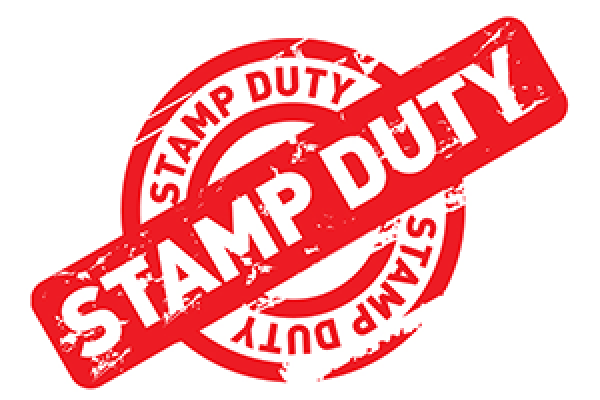Stamp duty applies to all Nigerian banks and other financial institutions. Every eligible transaction of N10,000 and above there would be a N50 stamp duty charge.
If you’re a business man/woman and you make numerous daily transactions, you would know about the annoying stamp duty charges.
The stamp duty charges on bank transactions can indeed be a source of frustration for businesses with high transaction volumes. Here are some strategies to mitigate these charges:
1. Smart Transaction Practices:
- Split Payments: For amounts above N10,000, consider splitting the transaction into smaller amounts, each below the N10,000 threshold. For example, instead of a single transfer of N18,000, two transfers of N9,000 each can be made to avoid the stamp duty charge.
- Adjust Pricing: Incorporate the cost of stamp duty into your pricing strategy. For transactions above N10,000, you could add a small markup to cover the stamp duty cost.
- Negotiate with Customers: For transactions just above the N10,000 mark, consider negotiating with the customer to either reduce the amount to N9,999 or ask for an additional N50 to cover the stamp duty charge.
2. Utilize Alternative Financial Institutions:
- Digital Banks: Some digital banks and financial institutions, such as Kuda Bank and Providus Bank, may not charge stamp duty on transactions. Consider opening an account with these banks for business transactions.
- Payment Wallets: Digital wallets like Palmpay, Carbon, and Opay often offer transaction services without stamp duty charges. These platforms also provide additional services like bill payments, which can be convenient for your business operations.
3. Explore Cryptocurrency Payments:
- Bitcoin and Other Cryptocurrencies: Accepting payments in Bitcoin or other cryptocurrencies can bypass traditional banking fees, including stamp duty. However, it’s important to consider the volatility of cryptocurrencies and the legal and tax implications in your jurisdiction.
Summary:
By implementing these strategies, you can reduce the impact of stamp duty charges on your business transactions. It’s essential to stay informed about the regulations and charges associated with different financial institutions and payment methods to make the most cost-effective choices for your business.








